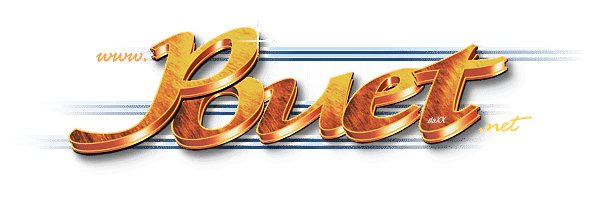State of the art of 8-bit platform development?
category: code [glöplog]
I plan to create a cartridge for an East German Z80 based computer (A5105, better than KC 85 with AY sound, and not the KC compact ;), but roughly MSX compatible). To achieve fast turnaround (assemble/compile+run loop) times I want a cartridge, which could be updated over WiFi and works as ROM or later some floppy disk emulation. It could be based on ESP32 or Pico 1 or 2 with WiFi.
I'm aware of solutions like TeensyROM on C64, ESP32 Softcard on Apple II, MSX Pico, which mostly serve as multi ROM cartridges or even multipurpose cartridges. But none of them seems to be targeted at development.
Ofc there are SW solutions like C64Studio. But are there some interesting development solutions out there I'm just not aware of 'cuz of missing popularity?
Or did someone play with similar ideas already?
I'm aware of solutions like TeensyROM on C64, ESP32 Softcard on Apple II, MSX Pico, which mostly serve as multi ROM cartridges or even multipurpose cartridges. But none of them seems to be targeted at development.
Ofc there are SW solutions like C64Studio. But are there some interesting development solutions out there I'm just not aware of 'cuz of missing popularity?
Or did someone play with similar ideas already?
For Phosphorizer, I used an SD2IEC combined with a Toshiba FlashAir WiFi-enabled SD card. This particular card can be configured just by editing a config file to connect to a WiFi network and offer file upload via http.
It would sometimes be a bit finnicky to get it to work, but when it worked, it was wonderful. By putting an upload command in my build script, I had a build-to-run delay of about 5 seconds. :)
It would sometimes be a bit finnicky to get it to work, but when it worked, it was wonderful. By putting an upload command in my build script, I had a build-to-run delay of about 5 seconds. :)
That's quite fast and about what I'd target with such a solution. I heard about the FlashAir, but not the hack yet. Thx for this hint! While the SD card is not cheap, I'll add it to my list of possible options aside from WiFi enabled µC boards.
Reminds me of that one meeting where a dude had a 1541 connected to a custom 8-bit computer he was building around a 6809.
I wondered why, until he told me the obvious (in hindsight): Commodore 8-bit drives come with their own DOS, and the computer-side protocol to talk to them is relatively quick to implement. =)
I wondered why, until he told me the obvious (in hindsight): Commodore 8-bit drives come with their own DOS, and the computer-side protocol to talk to them is relatively quick to implement. =)
@Blueberry:
With many SD card based drive/ROM emulation solutions this even seems to benefit from 3D printer hacks to get the data into the printer. For example there are newer SD cards with WiFi, like this open sourced one based on ESP8266: https://www.youtube.com/watch?v=nHNZPRl8gzA
I found that some of the users of East German 8-bit machines, which already got USB capable extension modules, also use WiFi enabled SD cards.
I think this might be a nice stop-gap solution while working on a WiFi capable extension module myself.
@Krill:
Yeah, the independent 1541 computer. The "Freespin" demo showed us, what this means. ^^ I also remember a Mandelbrot software using the C64+1541 multiprocessing system.
With many SD card based drive/ROM emulation solutions this even seems to benefit from 3D printer hacks to get the data into the printer. For example there are newer SD cards with WiFi, like this open sourced one based on ESP8266: https://www.youtube.com/watch?v=nHNZPRl8gzA
I found that some of the users of East German 8-bit machines, which already got USB capable extension modules, also use WiFi enabled SD cards.
I think this might be a nice stop-gap solution while working on a WiFi capable extension module myself.
@Krill:
Yeah, the independent 1541 computer. The "Freespin" demo showed us, what this means. ^^ I also remember a Mandelbrot software using the C64+1541 multiprocessing system.
